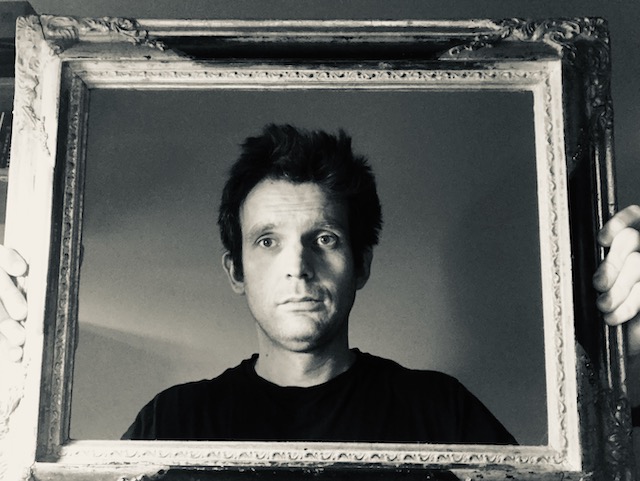In social science, a frame is how people understand a situation or activity. We can think of it as how we construct our understanding of a situation. In engineering, many projects are perceived from a ‘cost frame’. People looking at a project from a cost frame build their understanding of the project situation from a perspective of cost. In this situation, cost can be come the guiding concern; the parameter for which we optimise.
Time and quality are other common frames in construction projects. These frames guide our thinking by limiting options, which is helpful in some situations, but unhelpful if you want to establish new thinking.
I used to say to participants in my creativity workshops, what happens when you change the frame? Shift from a frame of cost to possibility; from delivery on time to delivery tomorrow – or delivery in ten years. When you change the frame, what new possibilities emerge.
Then my colleague Ben Godber one day said, Oli, do you mean, ask what if? Together we cooked up the Ask What If technique for rapid fire idea generation.
Some psychological grounding for asking what if
In his excellent book Elastic – flexible thinking in a constantly changing world, Leonard Mlodinow describes how only a fraction of our unconscious thought filters through to the conscious mind. What gets filtered out and what passes through depends in part on what we are looking for. In other words, our framing of the problem. I think asking what if works because it changes what we are looking for.

